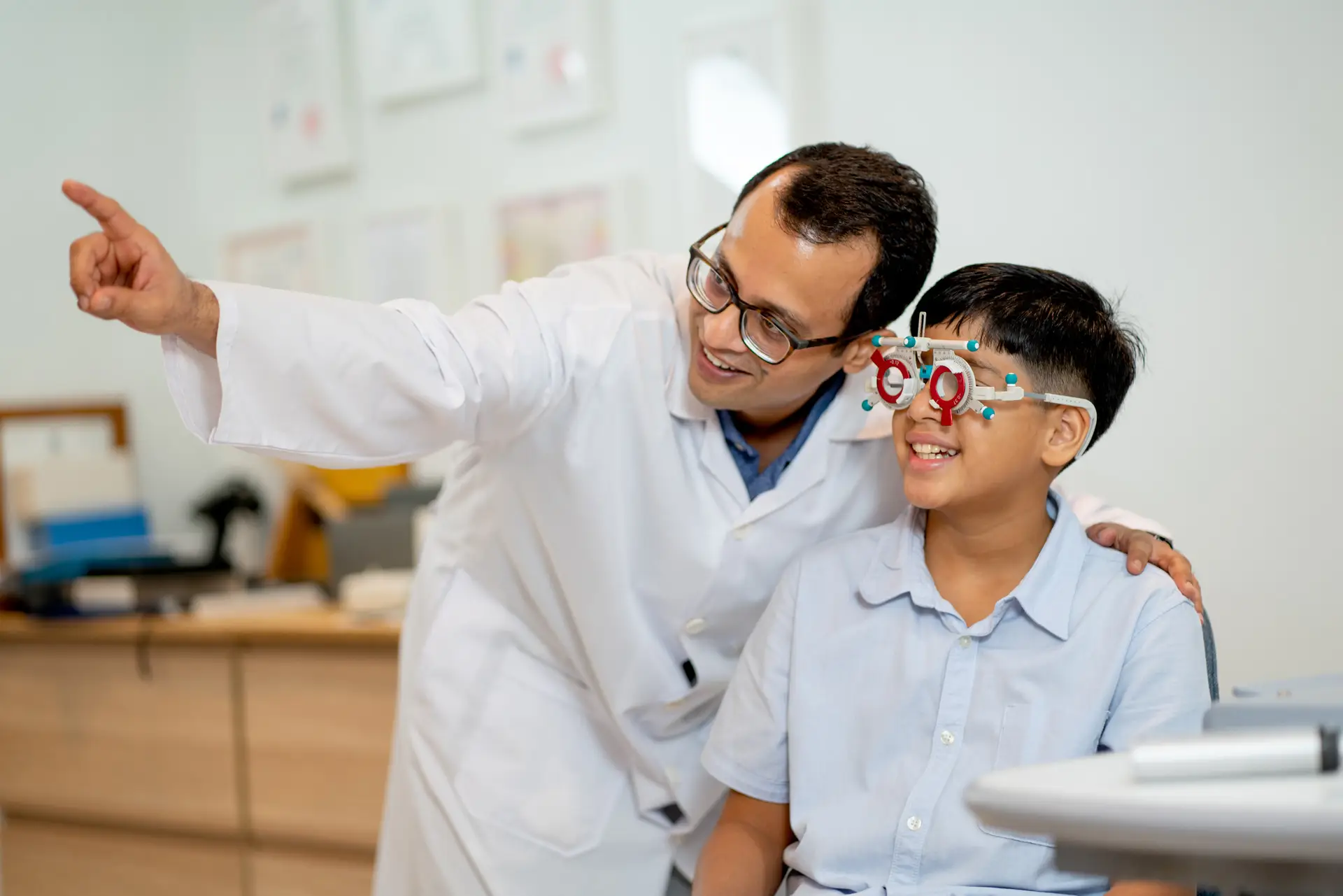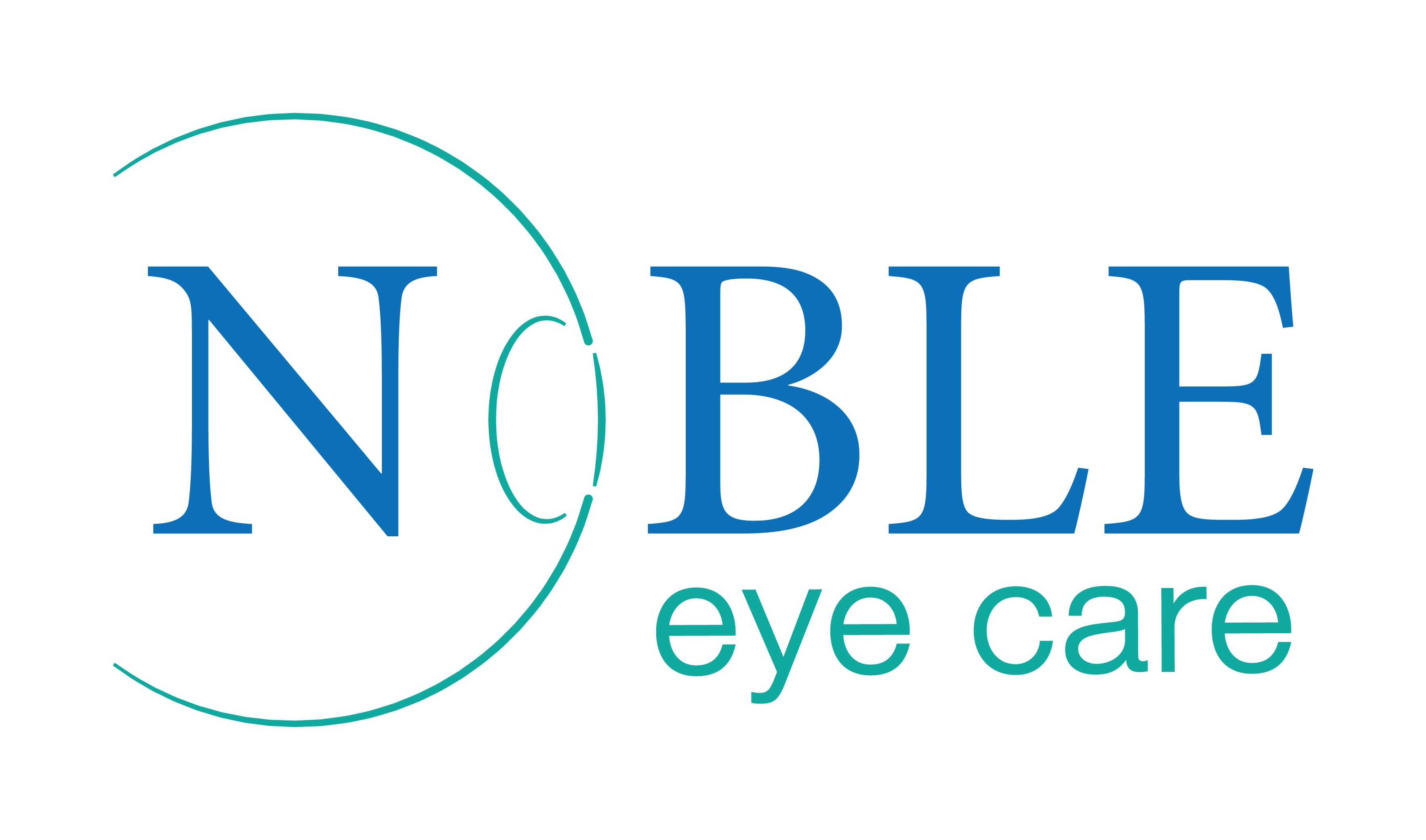Are you wondering what Neuro-Ophthalmology is? Are you curious about the diseases that fall under it?
Then this blog post is for you! This post will discuss everything you need to know about Neuro-Ophthalmology treatment by Dr. Digvijay Singh, including what it is, the diseases it encompasses, and what treatment options are available.
We'll also go over why Neuro-Ophthalmology is important, and who should see a Neuro Ophthalmologist. So, if you want to learn more about Neuro-Ophthalmology, read on to learn all you need to know!
What is Neuro-Ophthalmology?
Neuro-Ophthalmology is a subspecialty of ophthalmology that focuses on diagnosing and managing eye disorders related to the central nervous system.
This includes disorders of the eye muscles, the optic nerve, and the visual pathways in the brain. Neuro ophthalmologists specialize in diagnosing and managing diseases related to these three components, as well as their connections to the rest of the body.
We are experts at recognizing the signs and symptoms of various neuro-ophthalmic conditions and determining appropriate treatments for them. Neuro ophthalmologists use specialized imaging technology, like Magnetic Resonance Imaging (MRI) and Computer Tomography (CT), to detect abnormalities in the eye and brain.
Diseases that Fall Under Neuro-Ophthalmology
Neuro ophthalmology is a complex field that requires specialized training and expertise to diagnose and treat conditions that affect the visual system.
From optic nerve disorders to neurological diseases and pediatric conditions, neuro-ophthalmologists are uniquely qualified to provide comprehensive care for all types of vision problems.
-
Optic Nerve Disorders
-
Neurological Disorders
-
Neuro-Muscular Diseases
-
Pediatric Conditions
-
Headaches
-
Visual Field Defects
-
Visual Field Test
-
Electro-Oculography (EOG)
-
Ultrasound
-
Magnetic Resonance Imaging (MRI)
-
Fluorescein Angiography
Optic nerve disorders such as glaucoma, optic neuritis, and ischemic optic neuropathy are among the most common diseases that fall under the purview of neuro-ophthalmology. In addition, disorders like compressive optic neuropathy, aneurysms, and malformations of the nerve can also be evaluated and treated by a neuro-ophthalmologist.
A wide range of neurological conditions can have an impact on the vision and require evaluation by a neuro-ophthalmologist. These include but are not limited to stroke, multiple sclerosis, muscular dystrophy, myasthenia gravis, brain tumours, hydrocephalus, and trauma.
Diseases that affect the muscles and nerves of the eyes, such as myasthenia gravis, can cause double vision, eyelid weakness, and ptosis. A neuro-ophthalmologist will assess these issues and develop a treatment plan accordingly.
Neuro ophthalmologists specialize in treating pediatric conditions such as amblyopia (lazy eye), strabismus (eye turn), and Nystagmus (involuntary eye movements). Early intervention is key in preventing long-term vision problems from developing in children.
Painful headaches caused by migraine and cluster headaches can be linked to various vision problems. Patients may experience pain behind the eyes, double vision, light sensitivity, or even temporary vision loss. A neuro-ophthalmologist will be able to assess these symptoms and determine the best course of treatment.
Visual field defects occur when there is a problem in the pathways that carry visual information from the eye to the brain. This can lead to problems with depth perception, peripheral vision, and even central vision. Neuro ophthalmologists are experts in diagnosing and managing these types of issues.
Different Neuro-Ophthalmology tests used for diagnosing problems
Undergoing these tests, a neuro-ophthalmologist can accurately diagnose various diseases related to the eyes and provide the best course of treatment for them.
With advances in technology, it is now possible to diagnose many eye problems quickly and accurately so that patients can receive timely care and treatment.
This test is used to assess the peripheral vision of a patient. The ophthalmologist will ask the patient to look at a fixed point and will measure how much of the peripheral field is visible to the patient.
This test is used to measure the electrical potentials of the eyes. A special electrode is attached to the eyelid, which records electrical activity. This test helps in diagnosing diseases such as retinitis pigmentosa, macular degeneration, optic neuritis, and glaucoma.
This non-invasive imaging technique can be used to view the structures of the eye. It can be used to detect any abnormalities, such as fluid buildup or tumours.
This imaging technique uses magnetic fields and radio waves to produce detailed images of the eye and brain. It can be used to diagnose various conditions like tumours, vascular malformations, and stroke.
This is an imaging technique used to visualize the blood vessels in the eye. A dye is injected into the bloodstream which fluoresces and is visible on a special film or camera. This test can be used to diagnose conditions like macular degeneration, retinal detachment, and diabetic retinopathy.
Conclusion
Neuro-ophthalmology is an important field of medicine that helps diagnose, treat, and manage diseases that affect the eyes and the nervous system. With its wide range of tests, we can accurately identify and diagnose issues and provide appropriate treatment options. By staying informed and aware of potential issues, you can ensure you are receiving the best possible care for your eyes and vision.
Also Read - 5 Tips for Wearing Contact Lenses for the First Time

![DigvijayProfile[1]](https://drdigvijaysingh.com/wp-content/uploads/2017/11/DigvijayProfile1.jpg)

Recent Comments